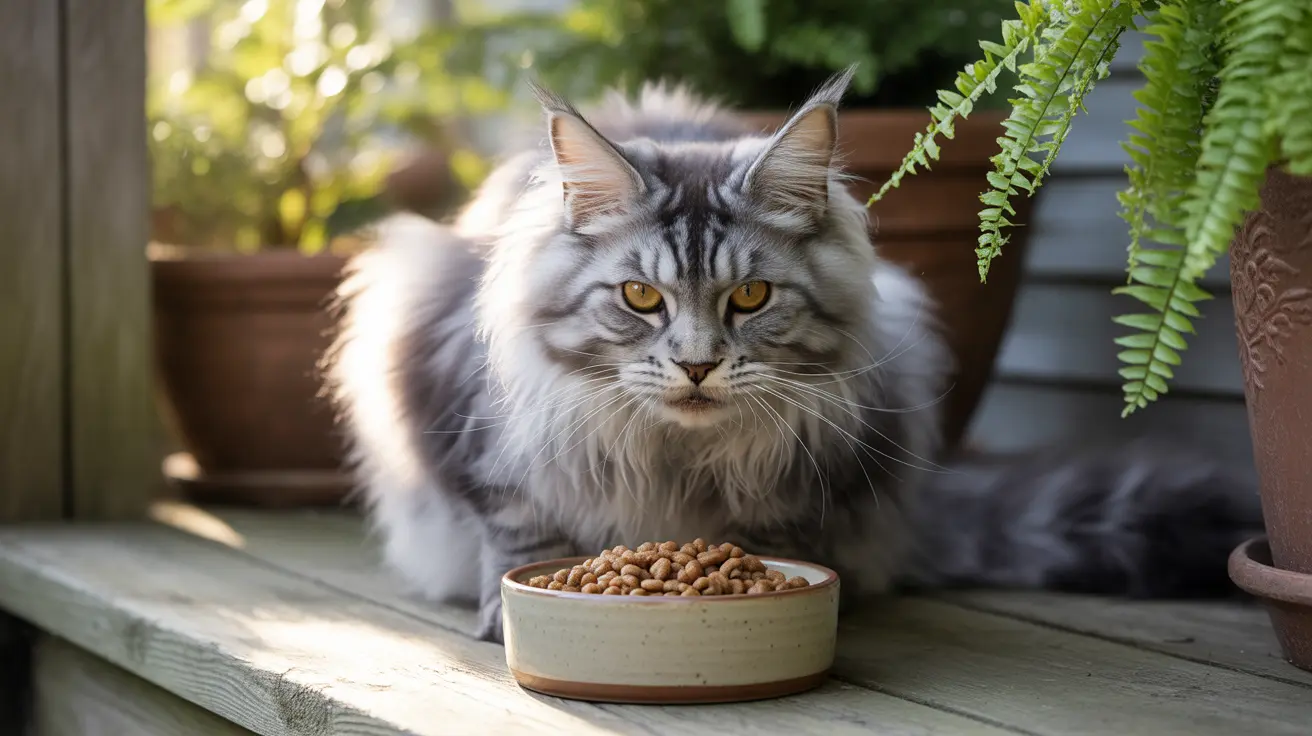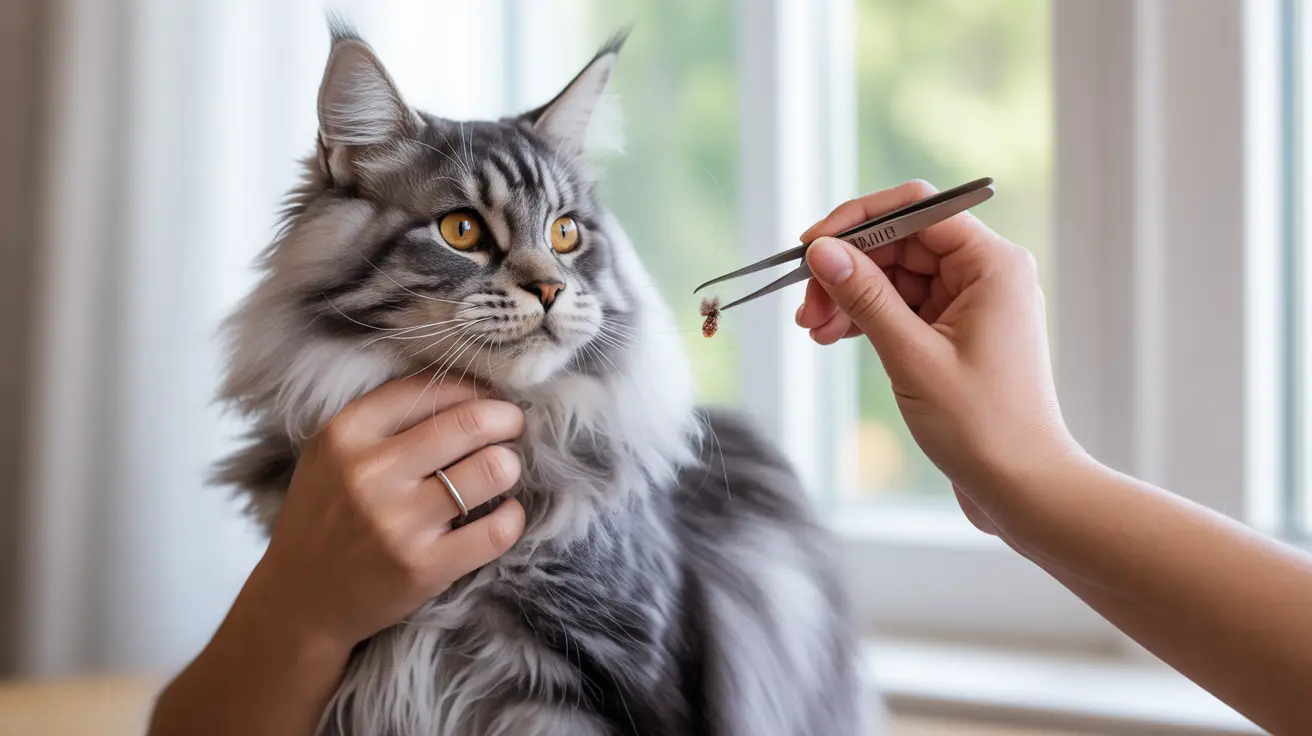Can Black Widow Spiders Kill Cats?
Black widow spiders are infamous for their potent venom and distinctive appearance. If you’re a cat owner, you might wonder just how dangerous these spiders are for your feline companions. The answer is clear: black widow spider bites can be deadly to cats, and immediate veterinary attention is crucial if exposure is suspected.
Understanding the Black Widow Spider
The black widow spider inhabits much of the southern United States but also appears in other regions of North America and worldwide. Female black widows are easy to spot: they’re glossy black with a red or orange hourglass marking on their underside. Males are smaller, lack this hourglass, and aren’t considered dangerous due to their tiny fangs. Immature females may look brown and might not yet have the hourglass mark.
The real threat comes from the female’s venom, which contains alpha-latrotoxin. This neurotoxin causes a massive release of neurotransmitters in the nervous system, leading to severe symptoms in many animals—including cats.
Why Are Cats So Vulnerable?
Cats are particularly susceptible to black widow venom because of their small size and unique physiology. Even a single bite can be fatal if not addressed right away. Bites usually happen when a cat disturbs a spider or its nest—often while exploring dark corners indoors or outdoors. Black widows aren’t aggressive; they’ll only bite when provoked.
Symptoms of Black Widow Bites in Cats
If your cat has been bitten by a black widow, symptoms can appear within minutes to hours and may worsen over 24 hours. Look for these signs:
- Severe pain (cats may howl or vocalize loudly)
- Muscle rigidity, cramping, tremors, stiffness
- Loss of coordination or paralysis
- Trouble standing or walking
- Restlessness and agitation
- Excessive drooling (hypersalivation)
- Vomiting, diarrhea, loss of appetite
- High blood pressure and rapid heart rate
- Trouble breathing (respiratory collapse from muscle paralysis)
- Seizures
- Sudden collapse or weakness
Younger or older cats—or those with underlying health problems like high blood pressure—face an even greater risk of severe complications or death.
Diagnosis: How Do Vets Know?
A vet will typically diagnose a black widow bite based on your cat’s symptoms and any history of possible spider exposure. There aren’t specific tests for black widow venom; instead, vets rely on physical exams, bloodwork, urinalysis, and careful observation. Actual bite marks are hard to spot since there’s usually little local tissue damage.
Treatment: What Happens Next?
- If you suspect your cat has been bitten by a black widow, seek emergency veterinary care immediately.
Treatment options include:
- Antivenom administration (when available), which neutralizes the toxin—reserved for severe cases due to allergy risks and limited supply.
- Aggressive supportive care: IV fluids, pain relief, muscle relaxants, anti-seizure meds, anti-nausea drugs, supplemental oxygen.
- Hospitalization for close observation and ongoing treatment.
Even with prompt care, recovery can take weeks—and some cats may experience lasting neurological or muscular issues. Unfortunately, many cats don’t survive due to the rapid progression and severity of symptoms if treatment isn’t immediate.
Prevention: Keeping Your Cat Safe
- Inspect your home regularly for webs or spiders—especially in dark areas like garages, crawl spaces, basements, sheds.
- Keep storage areas tidy; reduce clutter where spiders might hide.
- Use pet-safe pest control methods only.
- Seal cracks and entry points around your home’s exterior.
- If your cat goes outside, supervise them closely and restrict access to high-risk zones.
If you live in an area where black widows are common, shake out bedding or towels before use—spiders love undisturbed places.
Bite vs. Ingestion: Is Eating One Dangerous?
Cats sometimes eat insects—including spiders—but ingesting a dead black widow rarely causes poisoning because stomach acid breaks down the protein-based toxins. The real risk comes from being bitten; that delivers venom directly into tissues where it does most harm. Still, if your cat shows any odd symptoms after eating or interacting with a suspected black widow (drooling excessively or showing muscle pain), get them checked right away.
Bite Severity: Not Every Bite Is Fatal… But Don’t Take Chances
- A black widow doesn’t always inject venom with every bite—they can control how much they release—but you can’t tell how much was delivered without medical help. Treat every suspected bite as an emergency.
Differentiating Other Spider Bites
The brown recluse is another venomous spider sometimes confused with the black widow. Its bite causes different problems—skin ulcers and possible organ damage—but it’s also an emergency for pets.
The Bottom Line for Cat Owners
If you suspect your cat has encountered a black widow spider—even if you’re not sure they were bitten—waste no time seeking veterinary help. Rapid intervention offers the best chance at survival. Prevention efforts around your home make all the difference when it comes to keeping curious felines safe from this hidden danger lurking in dark corners.





